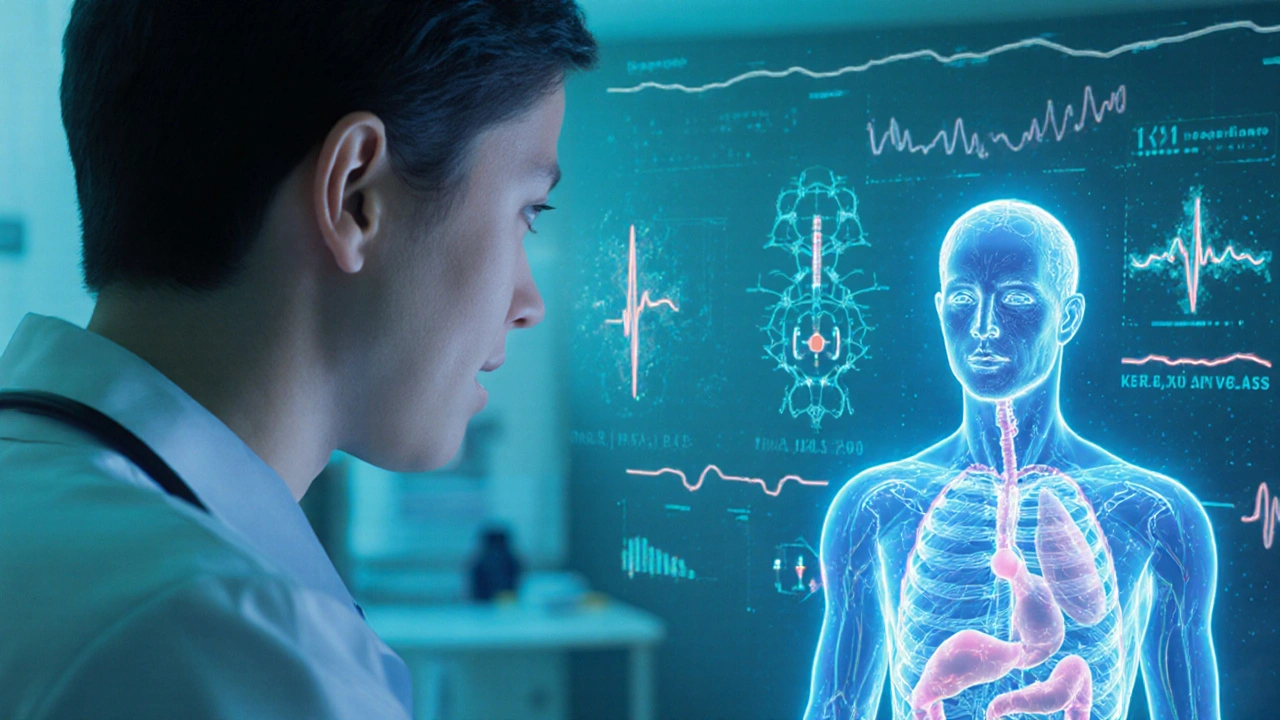AI Diagnostics: How Smart Systems Are Changing Healthcare and Beyond
When we talk about AI diagnostics, the use of artificial intelligence to analyze medical data and detect diseases faster and more accurately than traditional methods. Also known as machine learning diagnostics, it’s not science fiction—it’s in hospitals right now, helping doctors spot tumors, predict heart attacks, and catch infections before symptoms even appear. This isn’t just about faster results. It’s about better outcomes. A study from Stanford showed an AI model detecting skin cancer with accuracy matching top dermatologists. And it didn’t need years of training—just millions of images and smart algorithms.
AI diagnostics doesn’t work alone. It relies on machine learning, a subset of AI that learns from data without being explicitly programmed. This is what lets systems improve over time as they see more cases. These models scan X-rays, MRIs, ECGs, even blood tests, looking for tiny anomalies humans might overlook. Combine that with medical AI, specialized AI tools built for clinical environments. These aren’t general-purpose chatbots—they’re trained on real patient data, FDA-cleared, and designed to fit into existing hospital workflows. The result? Less guesswork, fewer missed diagnoses, and more time for doctors to focus on patients, not paperwork.
It’s not just radiology. Wearables now use AI diagnostics to monitor heart rhythms and alert users to atrial fibrillation before a stroke happens. Mobile apps analyze voice patterns to detect early signs of Parkinson’s. Even diabetic patients get real-time alerts based on glucose trends predicted by AI. This isn’t the future—it’s happening today, in clinics from rural towns to major cities.
What you’ll find in this collection are real, practical examples of how AI diagnostics works. No hype. No fluff. Just how it’s being used, what tools are out there, and what it actually means for patients and providers. Whether you’re a developer building these systems, a clinician using them, or just curious about where medicine is headed, you’ll find clear, no-nonsense insights below.

- Nov 4, 2025
- Mitchell Benson
- 0 Comments
How AI Is Transforming Personalized Medicine Today
AI is revolutionizing healthcare by tailoring treatments to individual biology, predicting diseases early, and cutting drug development time. It’s not replacing doctors-it’s giving them the tools to care better.
